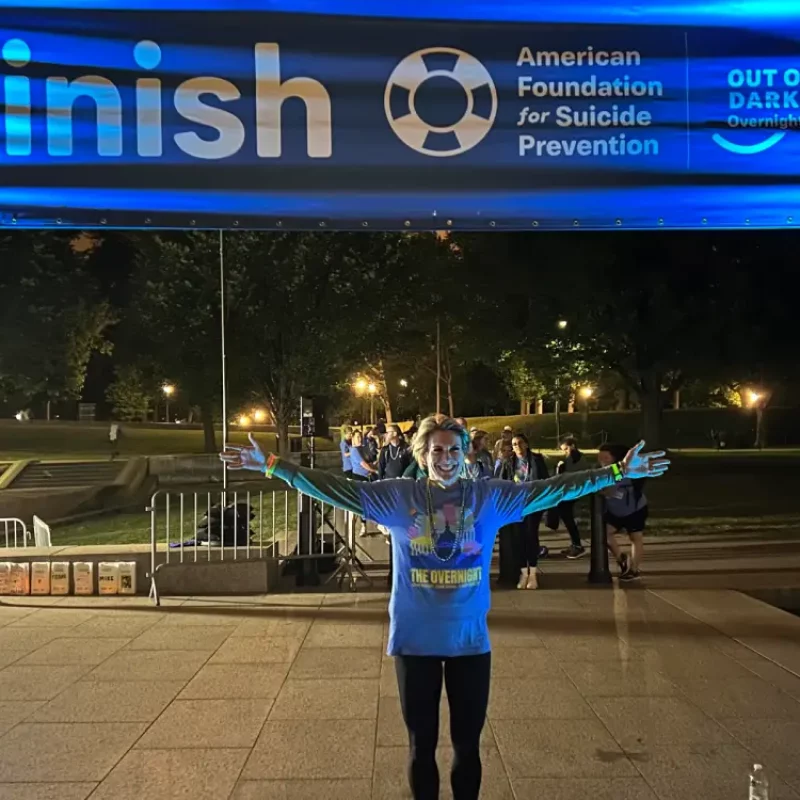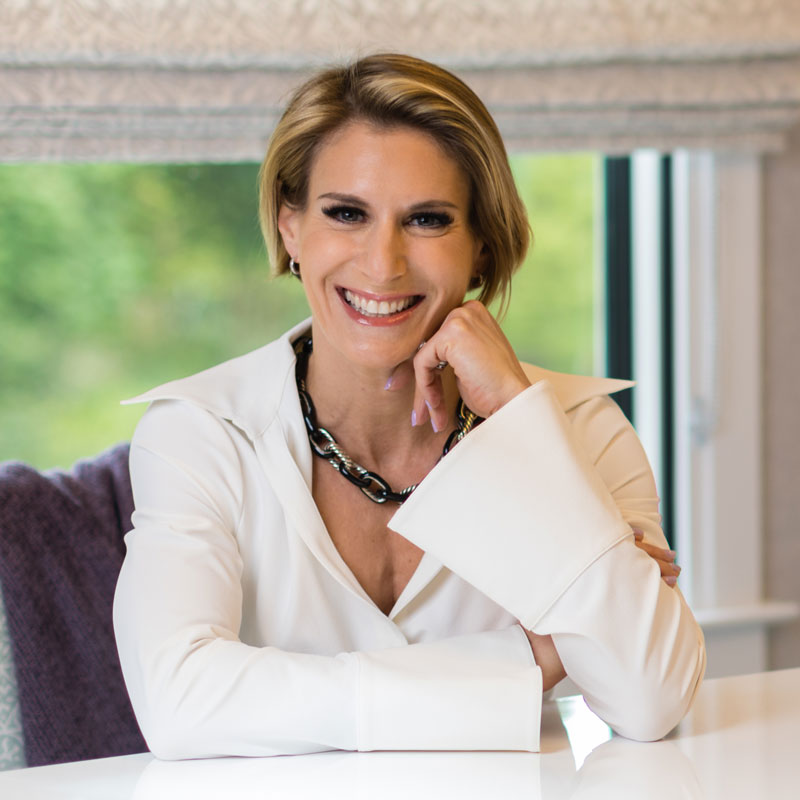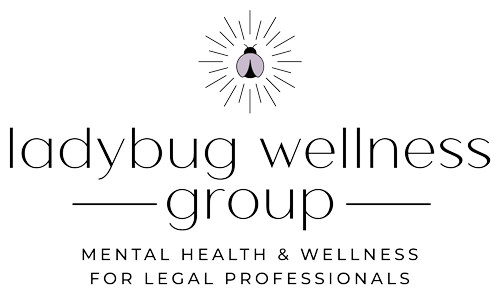Earlier this month, I joined several thousand others on a 17-mile, overnight walk to support suicide awareness and prevention. Despite the toll this took on my body, it was one of the most powerful and rewarding experiences of my life.
The night began with a vigil at the Lincoln Memorial, during which several people spoke about the loss of their partners, parents, children, siblings, and friends, and even about their own struggles with suicidality. I was struck, not only by the heartbreak and devastation each of these individuals has endured, but also by their vulnerability, strength, and courage. Each story was raw and real and heart-wrenching, and each was a stark reminder that suicidality and other mental health conditions do not discriminate.
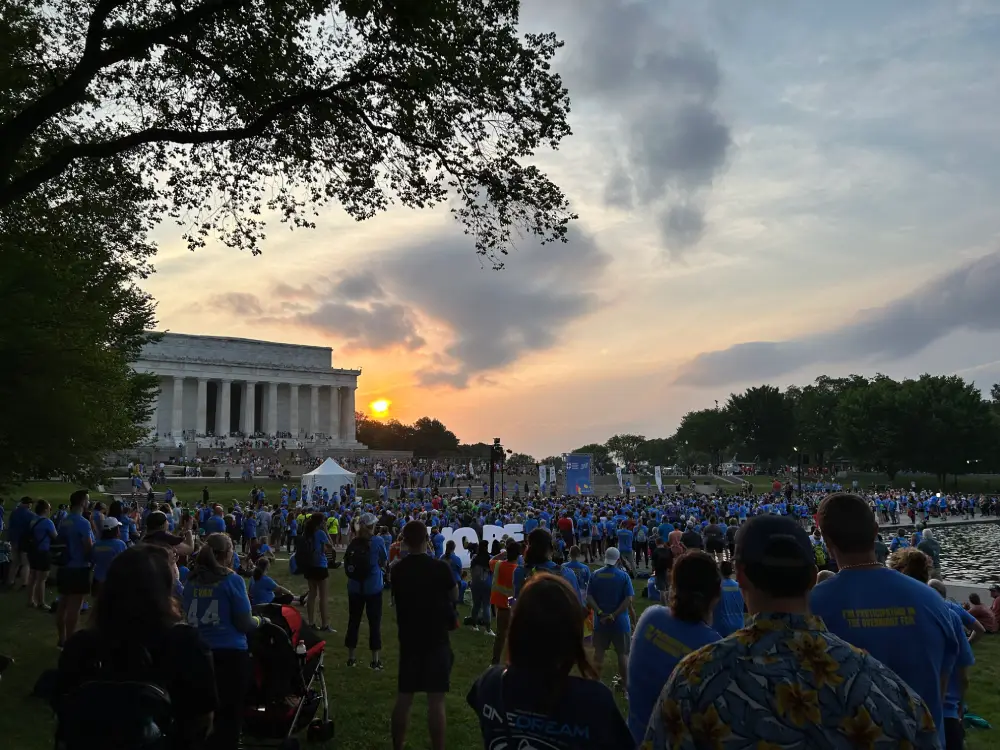
Those impacted by suicide span all ages, races, socioeconomic groups, genders, and sexual orientations. Many are surrounded by loving family and friends, have achieved professional and financial success, or otherwise seem to “have it all.” But suicidal ideation is not a choice. It is the result of deep suffering and an overwhelming sense of hopelessness and often is tied to an underlying mental health condition. Contrary to the many myths and misconceptions about suicidality, it is not a sign of weakness, it is not an act of selfishness, it is not a ploy to get attention, and it is not lessened or cured by external validation or success.
The statistics are staggering. In the United States alone, more than 40,000 lives are lost to suicide each year. This is approximately one death by suicide every 11 minutes. The rate of suicide among lawyers is equally shocking, and particularly troubling to me on a personal and professional level. Lawyers rank among the top five professions with the highest rates of suicide. As a group, lawyers are twice as likely as other adults in the U.S. to contemplate suicide. Recent data shows that, while suicide and suicidal ideation are not limited to a specific profile, those with the highest risk are lawyers who experience high levels of stress, are overcommitted to their work, are lonely or socially isolated, and/or have a history of mental health issues. Male lawyers are also twice as likely as female lawyers to contemplate suicide.
But there is hope.
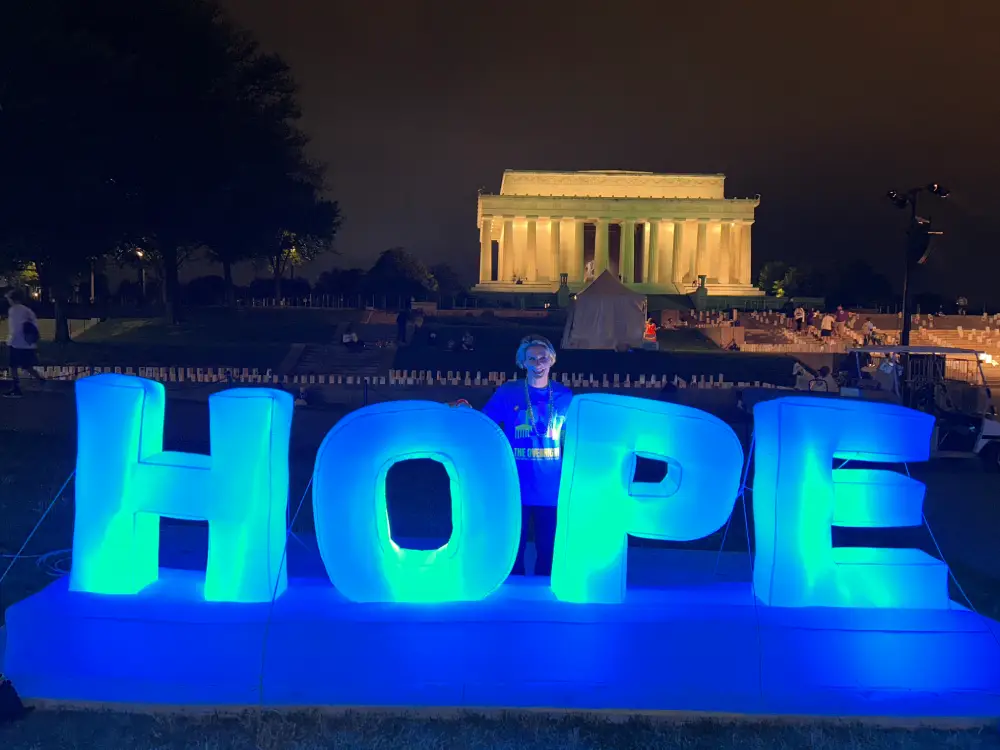
Suicide is preventable through early detection, diagnosis, and treatment of depression and other mental health conditions. Additionally, each of us can help prevent suicide by starting a conversation, providing support, and directing help to those who are suffering or at risk.
Many resources and sources of support exist for lawyers and others struggling with suicidality, including:
- Suicide and Crisis Lifeline – Dial 988
- National Suicide Prevention Lifeline – 1-800-273-TALK (8255)
- Bar Association Lawyer Assistance Programs
- Workplace Employee Assistance Programs
- Private mental health professionals
- Supervisors, colleagues, mentors
- Clergy
- Friends & Family
If you are concerned about yourself or others, ask for help.
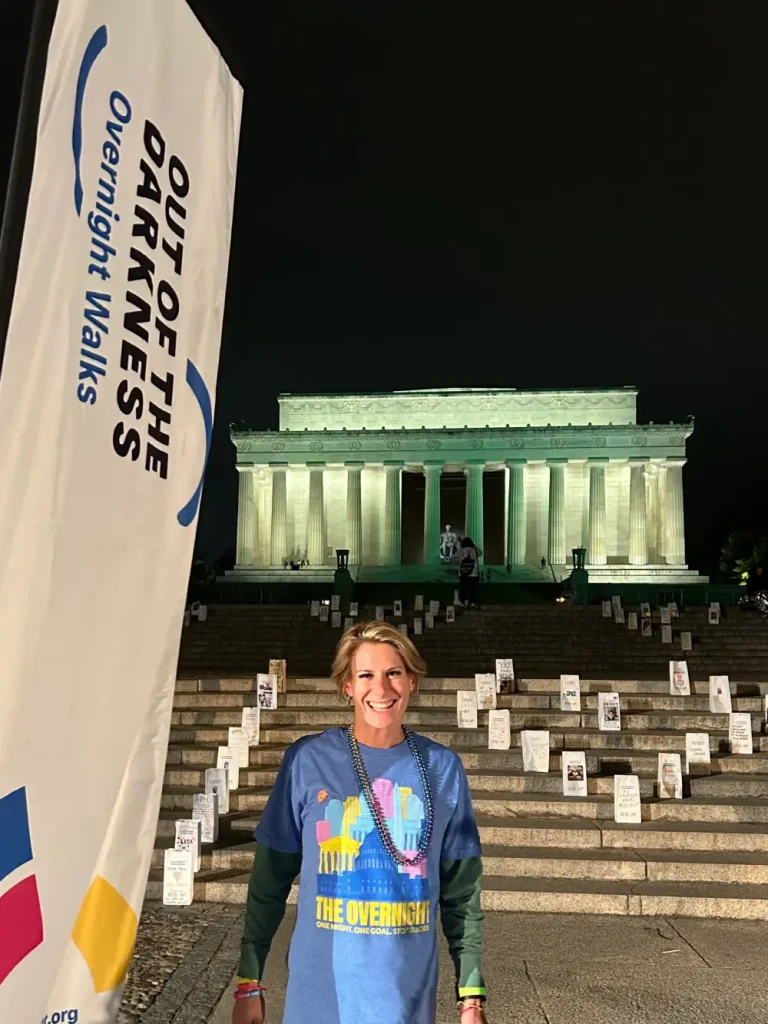
The thousands of people who walked through the night to help fight suicide demonstrated the vast network of support in our community. I was honored and humbled to walk alongside them in support of this incredibly important cause.

